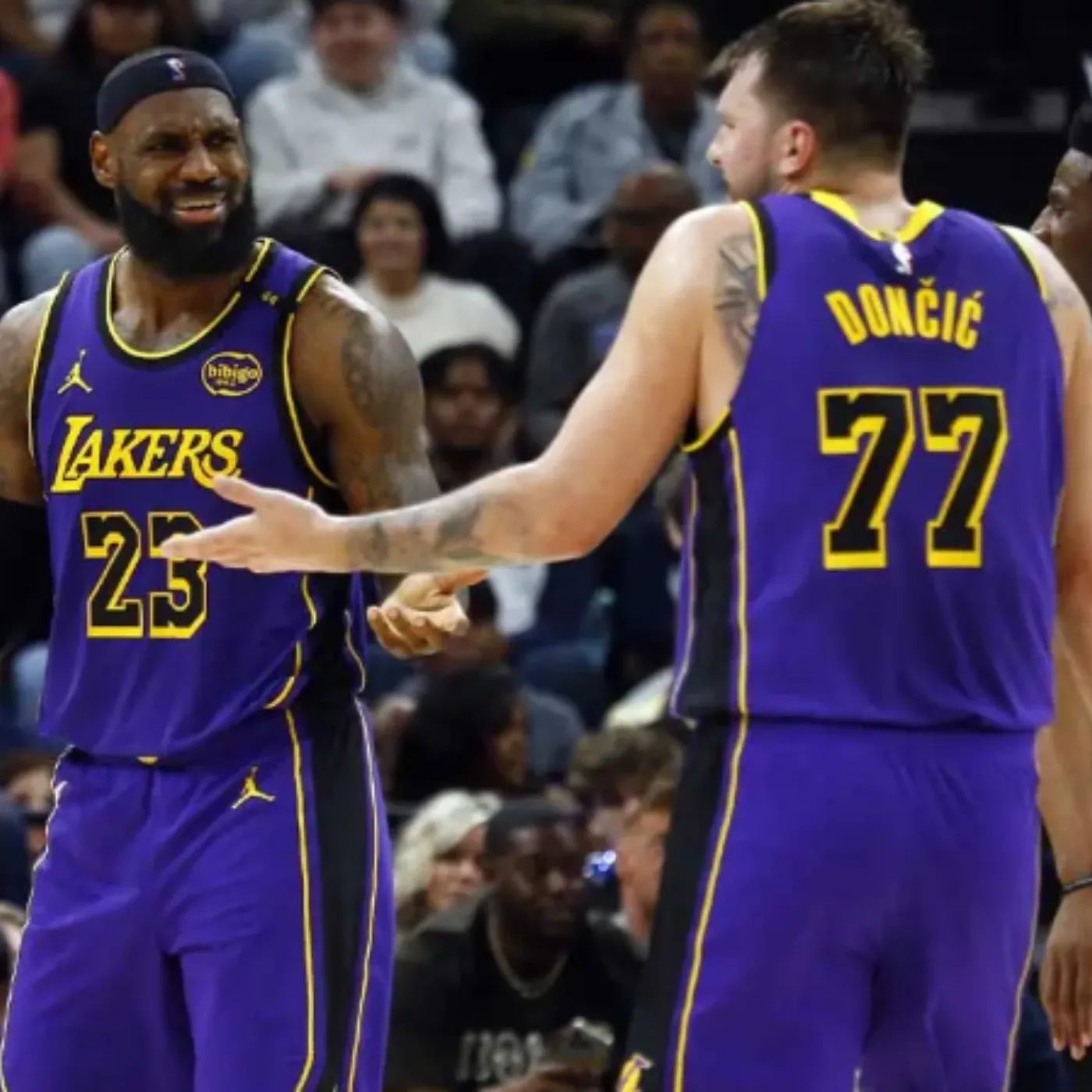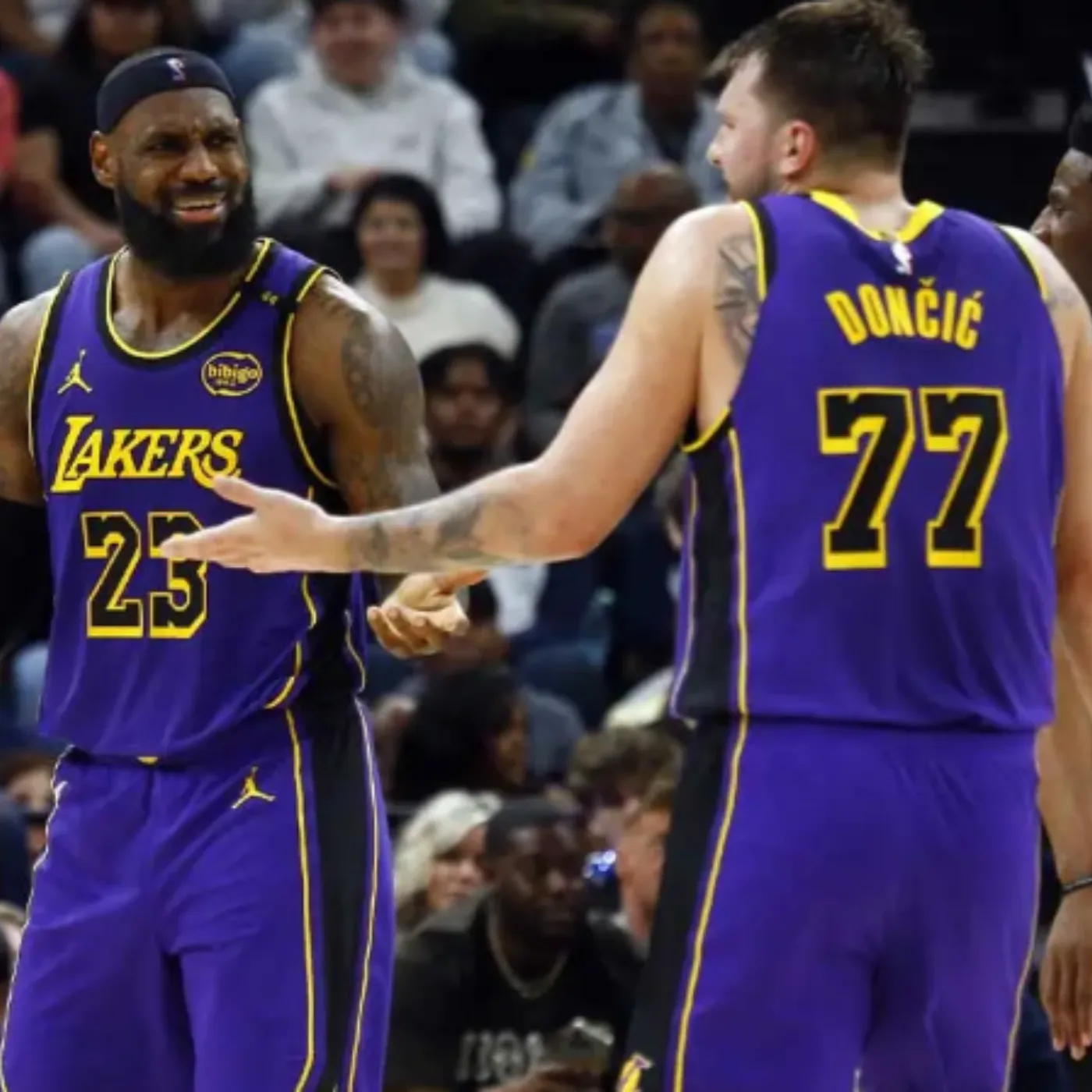
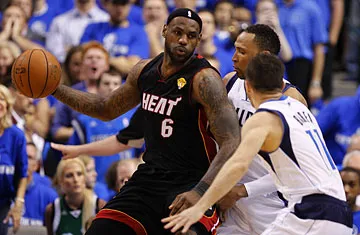
LeBron Was Supposed to Lead the Finals, But Fans Say He Vanished Like a Ghost – Eddie House Spills What Really Happened!
It was a night that still sends shivers down the spine of NBA fans and analysts alike. Game 4 of the 2011 NBA Finals between the Miami Heat and the Dallas Mavericks is remembered not for a heroic performance, but for what many call LeBron James’ most puzzling disappearance on the basketball stage. Despite having the league’s brightest lights shining down on him, LeBron seemed to vanish when it mattered most – and Eddie House, former sharpshooting guard and Heat teammate, has just revealed the jaw-dropping details that have haunted basketball history.
The Moment Before the Fall
By the fourth quarter, the Miami Heat were ahead 74-65, poised to take a commanding 3-1 lead in the Finals. With stars like Dwyane Wade, Chris Bosh, and LeBron James himself, many thought the championship was almost in the bag. But what followed would shock everyone watching.
LeBron, usually the Heat’s unstoppable force, played all of the fourth quarter but attempted the ball just once. He scored zero points in the final 12 minutes as Dirk Nowitzki and Jason Terry of the Mavericks went on a tear, combining for 18 of Dallas’ 21 points in that quarter. Miami’s lead evaporated, leaving fans and teammates in disbelief. The Mavericks completed an unlikely comeback, winning 86-83, and the world was left asking: what happened to LeBron James?
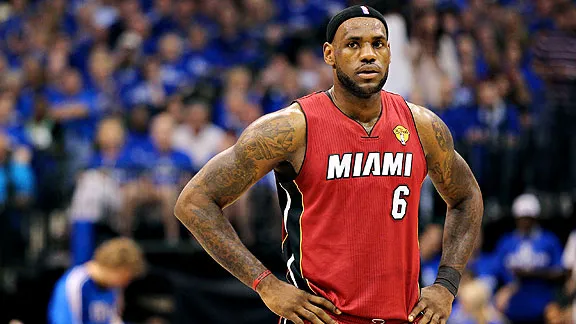
Eddie House Speaks Out
According to Eddie House, watching LeBron in that decisive quarter was like witnessing a punch-drunk boxer, bewildered and distracted. “It was almost like, ‘I’m here, but I’m not,'” House recalled. “My mind is on something else, almost like a blank stare at times. Plenty of guys went up to him, ‘Hey, we need you. Let’s go,’ but it was falling on deaf ears.”
The words paint a shocking picture: while LeBron’s body was on the court, his mind was somewhere else entirely. House’s recollection adds a human element to a performance often reduced to stats and highlights: even superstars can face mental battles under pressure.
The Seeds of Doubt
The struggle didn’t begin in Game 4. In Games 1 and 2, LeBron averaged just 22 points, well below his 31.8 points per game during the Eastern Conference Finals against the Chicago Bulls. Game 3 saw him score a mere 17 points. While his physical presence was undeniable, his mental focus appeared fractured.
Joel Anthony, then-center for the Heat, explained: “In basketball, once you start thinking about things, you’re kind of done. It wasn’t just missing shots; he didn’t have the same aggressiveness we’re used to.” This mental fog would define the series, culminating in the disastrous fourth quarter of Game 4.
Dallas’ Zone Defense: The X-Factor
While LeBron’s disappearance shocked fans, the Mavericks’ strategic brilliance cannot be overlooked. Knowing they couldn’t match the Heat’s athleticism head-on, Dallas implemented a rarely-used zone defense, specifically designed to slow down Miami’s superstars.
Assistant coach Dwane Casey explained, “Guarding LeBron and Wade one-on-one was impossible. We had to force them into crowded spaces, take them out of rhythm, and make them think.” The move worked brilliantly in Games 4 and 5, keeping LeBron and Wade off balance and giving Dallas the confidence to close out the series.
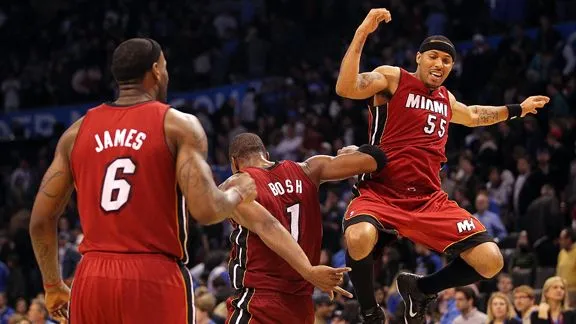
The Fallout: A Career-Defining Low
LeBron James’ performance in the 2011 Finals has since become a defining moment in NBA history. Despite his immense talent and eventual return to championship glory with four NBA titles, this series remains a blemish for many fans. Dirk Nowitzki’s triumph is celebrated, yes, but the narrative often centers on what many call LeBron’s choke job.
Statistically, Game 4 was LeBron’s worst postseason performance: 3-for-11 shooting, 8 points total, and zero in the decisive moments. For a player often praised for his clutch gene, this was a night that left questions unanswered and critics emboldened.
The Mental Game of Basketball
Experts point out that Game 4 was less about skill and more about mental toughness. The pressure of expectations, coupled with backlash from “The Decision” and the weight of Miami’s championship hopes, may have contributed to LeBron’s unusual lack of focus.
Eddie House’s comments highlight the human side of sports: even legends can face moments where the body is present but the mind is overwhelmed. NBA Finals pressure is unlike anything else in professional sports, and LeBron’s experience in 2011 is a case study in the psychological battle every superstar faces.
What Fans Remember Most
For fans, the 2011 Finals aren’t remembered for a single highlight or miraculous play. They are remembered for LeBron James’ sudden disappearance, a reminder that even the greatest players can falter when it matters most. Social media and forums still discuss the “blank stare” quarter, dissecting every decision and missed opportunity.
Interestingly, while the Heat were stacked with talent, the mental lapse of one superstar can sometimes shift the entire series, a lesson that resonates in sports history.
The Redemption Arc
Of course, LeBron’s story didn’t end there. In the following years, he returned stronger, winning multiple NBA championships and solidifying his legacy as one of the greatest of all time. Yet, the 2011 Finals remain a cautionary tale: no matter how gifted, even elite athletes must conquer the mental game to achieve ultimate success.
Why This Matters Today
LeBron’s Game 4 disappearance continues to spark debate about pressure, expectations, and the mental fortitude required at the highest levels. Fans, analysts, and current players often reference it when discussing performance under duress, making it a timeless example of the psychological challenges in professional sports.
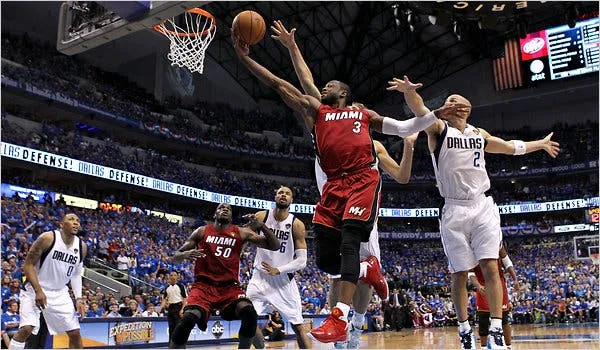
The story also serves as a reminder that even in today’s world of advanced analytics, stats don’t capture the full picture. The mind, focus, and mental resilience can determine outcomes just as much as talent or athleticism.
Final Thoughts
Looking back, Game 4 of the 2011 NBA Finals stands as a pivotal moment in basketball history. Eddie House’s candid recollection gives fans an unprecedented glimpse into what was happening behind the scenes. LeBron James, the physical presence of Miami’s superstar squad, was mentally absent when it mattered most, allowing Dallas to execute one of the most remarkable series comebacks in NBA Finals history.
For anyone studying sports psychology, leadership under pressure, or the making of an NBA legend, this moment remains an essential case study. It’s a story of human vulnerability, tactical genius, and the fine line between glory and despair in professional sports.









